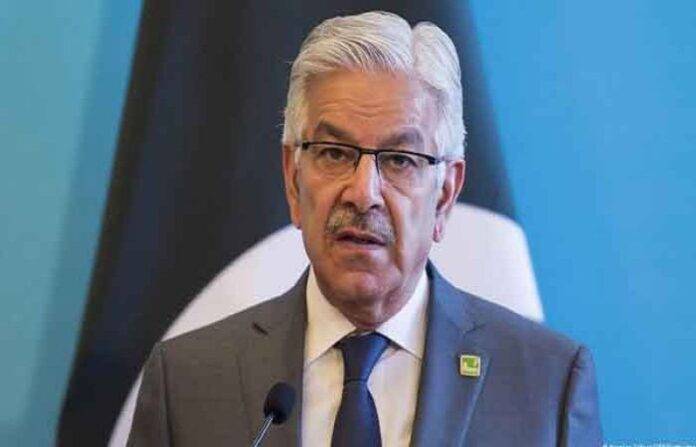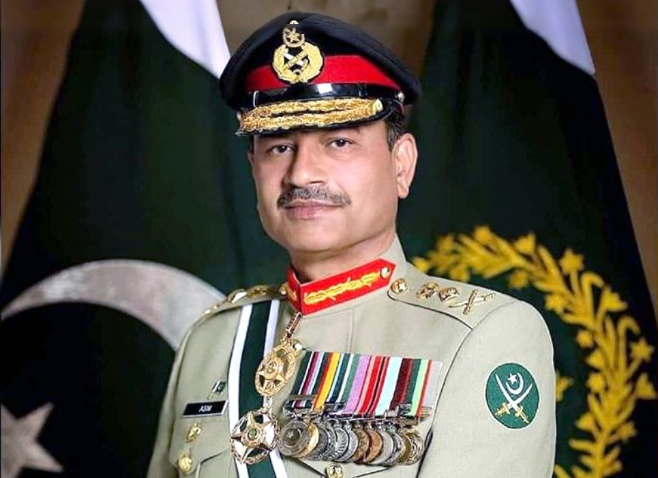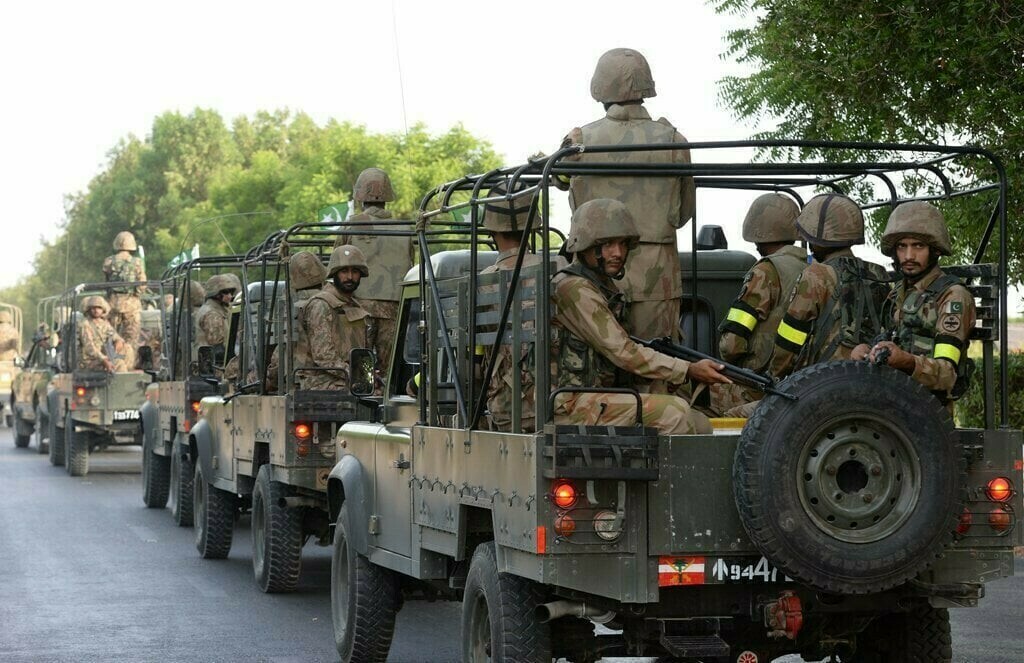Defence Minister Khawaja Asif has highlighted the critical importance of the Iran-Pakistan Gas Pipeline, describing it as a “matter of survival” for Pakistan. In a conversation with Independent Urdu, Asif expressed his concern over the challenges the project faces and suggested that diplomatic engagement with the United States could provide a solution. The potential fine for failing to complete the pipeline, which stands at an alarming $18 billion, makes this project an urgent priority for the country.
The Iran-Pakistan Gas Pipeline, originally conceived to address Pakistan’s growing energy needs, has been stalled for years due to sanctions and diplomatic pressure. The project, which could significantly alleviate Pakistan’s energy crisis, has faced opposition from the U.S., leading to delays and putting Pakistan at risk of paying a massive fine for its failure to complete the pipeline.
Asif stressed that diplomatic negotiations with the U.S. could offer a pathway forward, allowing Pakistan to benefit from the gas pipeline without incurring heavy financial penalties. “We need to find a diplomatic solution with the U.S. so we can benefit from this project instead of paying an $18 billion fine,” Asif stated.
The Iran-Pakistan Gas Pipeline is seen as a lifeline for Pakistan, given its ongoing energy shortages. The project, once completed, could significantly reduce the country’s reliance on expensive imported fuel and provide a stable, affordable energy source for Pakistan’s growing industrial and residential demands.
Asif pointed out that the completion of the pipeline is not just an economic necessity but a matter of survival for Pakistan. Without a stable energy supply, the country risks further economic challenges, including higher inflation and reduced productivity.
The project, however, has been caught in a geopolitical web. Sanctions against Iran have made it difficult for Pakistan to proceed with the pipeline without risking diplomatic and economic backlash from the international community, particularly the U.S. As a result, Pakistan finds itself in a delicate balancing act between its energy needs and its international obligations.
Asif emphasized the need for diplomatic engagement with the U.S. to find a solution that allows Pakistan to complete the project without facing penalties. The U.S. has historically opposed the project due to its concerns over Iran, but Asif suggested that there might be room for negotiation.
“We must explore diplomatic channels to resolve this issue,” Asif said. “We cannot afford to pay such a hefty fine when the project is essential for our energy security.”
By pursuing diplomacy, Pakistan could potentially secure a waiver or an understanding with the U.S., allowing the pipeline to move forward without risking sanctions or financial penalties. This diplomatic approach is crucial for Pakistan as it navigates its relationships with both Iran and the U.S.
In addition to discussing the gas pipeline, Khawaja Asif also made critical remarks about the founder of Pakistan Tehreek-e-Insaf (PTI), suggesting that the party leader often compromises his principles when financial gains are at stake. Asif’s comments came amid ongoing political tensions between PTI and the government.
“He [PTI founder] will give up all his principles when expecting a monetary benefit from somewhere,” Asif claimed, highlighting the perceived contradictions in the PTI leader’s actions and statements.
Asif further alleged that the PTI leader was the first to benefit from a law that he himself had previously challenged in court. The defence minister did not specify which law he was referring to, but his comments reflect the growing rift between the government and the PTI.
Khawaja Asif also issued a stern warning to the PTI founder, stating that those who challenge the state must be prepared to face the consequences. His remarks likely refer to ongoing investigations and legal challenges involving members of PTI and their alleged role in recent political unrest.
“If you have challenged the state, then you have to remain prepared for its consequences,” Asif said, alluding to the potential legal and political repercussions for the PTI leader and his associates.
Asif went on to comment on the role of Faiz Hameed, a former senior military officer, suggesting that Hameed may have acted on the instructions of the PTI leader. This accusation hints at a deeper investigation into the connections between PTI leadership and the military, raising questions about political interference.
“PTI’s founder will be questioned if Faiz Hameed divulged that he had acted over the party founder’s instructions,” Asif added, indicating that further scrutiny could be placed on the relationship between the PTI leader and Hameed.



